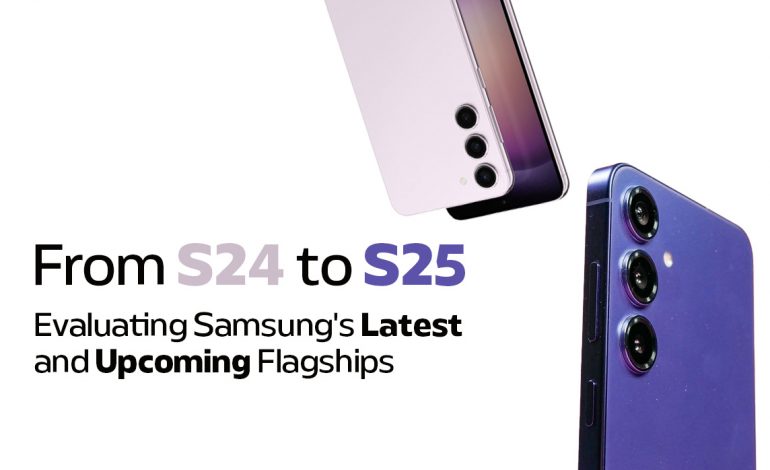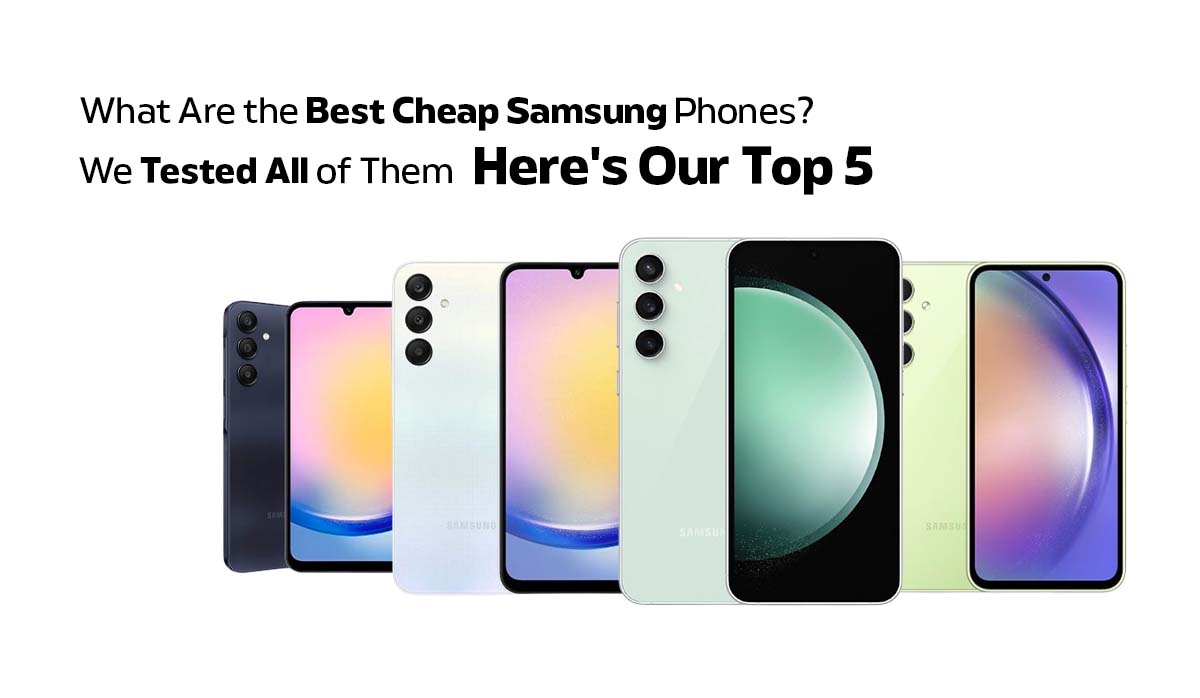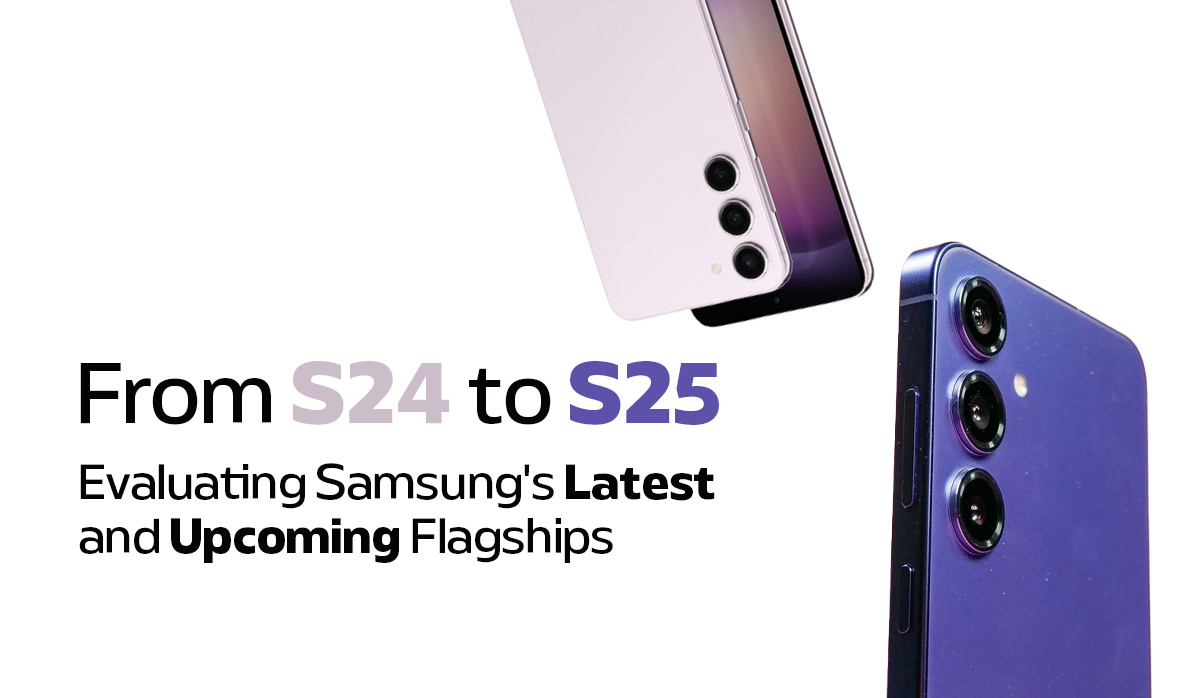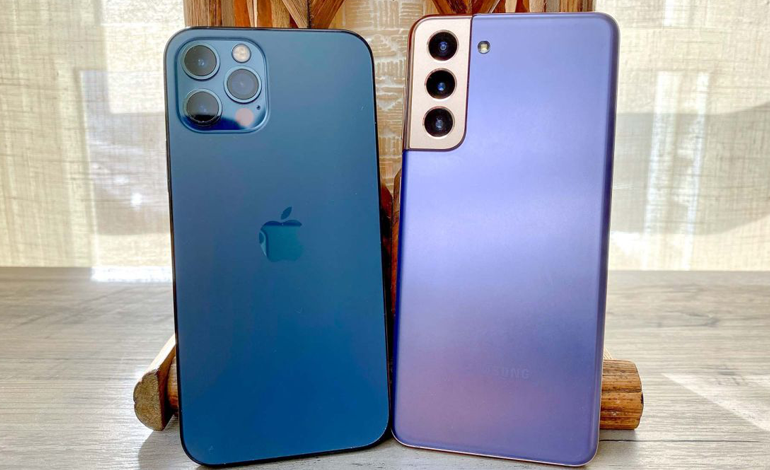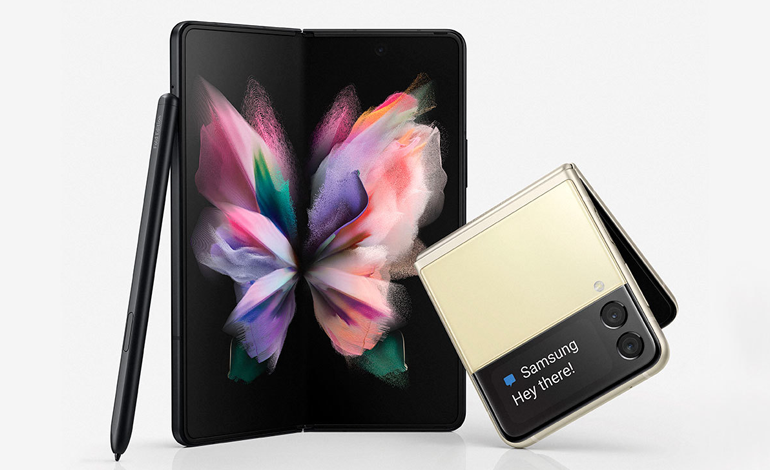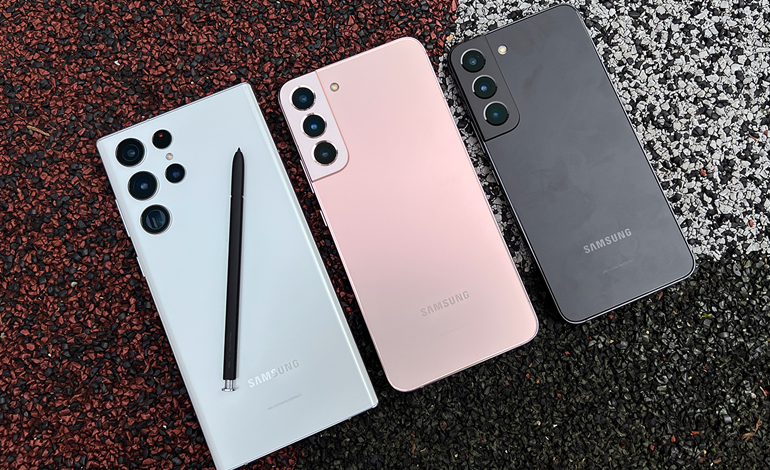Is the Google Pixel 8a Truly Worth the Hype? Let’s Find Out
Google recently expanded its Pixel lineup with the launch of the Pixel 8a on May 7, 2024. This new model aims to bring many of the high-end features found in Google’s flagship phones to a more affordable price point, making cutting-edge technology accessible to a broader audience. As we dive into the specifications and details of the Pixel 8a, we’ll also compare it with its predecessor, the Pixel 7a, and its more advanced sibling, the Pixel 8 Pro, to determine if an upgrade is worthwhile.
Google Pixel 8a: Specifications and Features
The Pixel 8a is designed to deliver premium performance at a mid-range price, boasting several notable features:
- Price: Starts at A$849.
- Display: The Pixel 8a features a 6.1-inch Actua OLED screen with a resolution of 1,080 x 2,400 pixels. It supports a refresh rate of up to 120Hz, ensuring smooth scrolling and a vibrant viewing experience.
- Processor and Performance: It is powered by the Google Tensor G3 processor, the same chip found in the higher-end Pixel 8 Pro. This is paired with 8GB of RAM, providing robust performance for everyday tasks and multitasking. Storage options include 128GB and 256 GB.
- Camera System: The Pixel 8a is equipped with a dual-camera setup on the rear, featuring a 64MP wide lens and a 13MP ultra-wide lens. The front-facing camera is a 13MP shooter, perfect for selfies and video calls. The camera system includes advanced AI features such as Magic Eraser, Photo Unblur, and Night Sight, enhancing photo quality even in low light.
- Battery Life: A 4,492 mAh battery powers the Pixel 8a, supporting both wired and wireless charging. Google’s adaptive battery management ensures extended usage by learning your usage patterns.
- Build and Durability: The phone has a compact and lightweight design, with an IP67 rating for water and dust resistance, making it durable for everyday use.
- Software and AI Features: Running on Android 14, the Pixel 8a comes with enhanced AI capabilities. Features include real-time language translation, sophisticated photo editing tools, and the new Gemini Nano AI system, which brings powerful new functionalities.
Comparison with the Google Pixel 8:
While the Google Pixel 8a offers an impressive array of features, it’s essential to compare it with its predecessor, the Google Pixel 8, to understand the differences:
- Design and Display: Both devices feature similar designs with glass front and back panels, but the Pixel 8a has a slightly smaller 6.1-inch display compared to the Pixel 8’s 6.2-inch display. However, both offer vibrant OLED displays with high refresh rates for smooth visuals.
- Performance and Storage: The Pixel 8a and Pixel 8 are powered by the same Google Tensor G3 processor, but the Pixel 8 comes with 8GB of RAM and storage options of up to 256GB, providing more memory and storage space for users.
- Camera System: While the Pixel 8a boasts a dual-camera setup, the Pixel 8 features a more advanced triple-camera system with additional features like Pixel Shift and Ultra-HDR, offering superior imaging capabilities.
- Battery and Durability: The Pixel 8a and Pixel 8 both offer reliable battery life, but the Pixel 8 has a larger 4,575 mAh battery compared to the Pixel 8a’s 4,492 mAh battery. Additionally, the Pixel 8 has an IP68 rating for dust and water resistance, providing better durability.
- AI and Software: Both devices run on the latest Android 14 operating system and feature AI-driven functionalities. However, the Pixel 8 may offer more advanced AI features and software enhancements compared to the Pixel 8a.
Comparison with Google Pixel 8 Pro
While the Pixel 8a offers an impressive array of features, the Pixel 8 Pro represents the pinnacle of Google’s smartphone technology. Here’s how they compare:
- Physical Size and Display: The Pixel 8 Pro has a larger 6.7-inch Super Actua OLED display with a resolution of 1,344 x 2,992 pixels and a peak brightness of 2,400 nits. This is superior to the Pixel 8a’s 6.1-inch Actua OLED display, providing a more immersive viewing experience.
- Camera System: The Pixel 8 Pro boasts a triple-camera system with a 50MP wide lens, a 48MP ultra-wide lens, and a 48MP telephoto lens, along with a 10.5MP front camera. It includes advanced features like Pro controls and Night Sight Video, offering greater versatility and superior image quality compared to the Pixel 8a’s dual-camera setup.
- Performance and Storage: The Pixel 8 Pro includes 12GB of RAM and offers storage options of up to 1TB, catering to power users and professionals who require more memory and storage space. The Pixel 8a’s 8GB of RAM and up to 256GB storage are sufficient for general use but less suitable for heavy multitasking or extensive media storage.
- Battery and Durability: With a larger 5,050 mAh battery and an IP68 rating, the Pixel 8 Pro offers better battery life and durability compared to the Pixel 8a’s 4,492 mAh battery and IP67 rating.
- AI and Software: Both models are powered by the Google Tensor G3 processor, but the Pixel 8 Pro’s enhanced AI system provides additional functionalities, including advanced photo and video editing tools and more sophisticated AI-driven features.
Comparison with Pixel 7a
When comparing the Pixel 8a to its predecessor, the Pixel 7a, several improvements stand out:
- Processor Upgrade: The Pixel 8a features the newer Google Tensor G3 processor, offering better performance and more advanced AI capabilities compared to the Tensor G2 in the Pixel 7a.
- Display Enhancement: The Pixel 8a’s display has been upgraded to support a 120Hz refresh rate, providing smoother visuals compared to the 60Hz display on the Pixel 7a.
- Camera Improvements: The camera system on the Pixel 8a has been enhanced with higher megapixel counts and improved AI features, resulting in better photo quality.
- Battery and Charging: The Pixel 8a offers a larger battery and faster wireless charging compared to the Pixel 7a, along with more efficient battery management through AI.
Should You Upgrade?
Deciding whether to upgrade depends on your current device and your specific needs. Here are some considerations before upgrading your phone in Australia:
- From Pixel 7a to Pixel 8a: The Pixel 8a offers significant improvements in processing power, display quality, camera capabilities, and battery life. If you seek better performance and enhanced features, upgrading from the Pixel 7a to the Pixel 8a is a worthwhile investment.
- From Pixel 8a to Pixel 8 and 8 Pro: If you require the highest performance, superior camera systems, and more advanced AI features, the Pixel 8 Pro and 8 is the ideal choice. However, if budget is a concern, the Pixel 8a still provides excellent value with many high-end features.
- From Older Pixel Models: For users with older Pixel models (Pixel 6a or earlier), the upgrade to the Pixel 8a Pixel 8, or 8 Pro brings substantial benefits, including better performance, display quality, camera systems, and battery life.
Conclusion
The Google Pixel 8a is a compelling addition to the Pixel lineup, offering many high-end features at a more affordable price in Australia. It stands out for its powerful processor, high-quality display, versatile camera system, and advanced AI capabilities. Whether you choose the Pixel 8a for its excellent value or the Pixel 8 Pro for its top-tier performance, both models represent significant advancements in smartphone technology. Also, you can consider the Samsung Galaxy s24 whether you prioritize cutting-edge hardware, intuitive software, or innovative camera technology, both the Samsung Galaxy S24 and the Google Pixel 8 offer unique features catered to Australian consumers, allowing you to choose the device that best aligns with your preferences and priorities. For users considering an upgrade from older Pixel devices, the new features and improvements make the Pixel 8a and Pixel 8 Pro worthy options.
DON’T MISSOUT: Galaxy Z Flip 6: Latest Rumors, Leaks, and What to Expect


